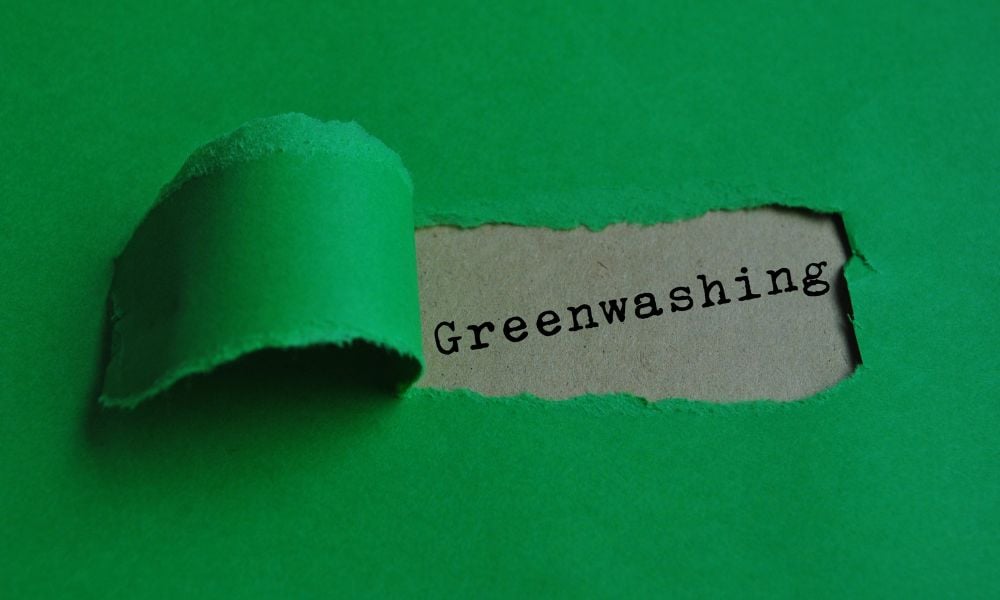Competition Bureau allows broad environmental claims if backed by proper testing and methodology

The Competition Bureau’s final anti-greenwashing guidelines confirm that businesses may continue making environmental claims, including those related to sustainability and emissions.
However, according to The Canadian Press, these claims must not be false or misleading and must be supported by adequate and proper testing.
Released after reviewing more than 400 submissions, the guidelines reflect select feedback from stakeholders but clarify that recent amendments to the Competition Act do not define which claims are acceptable.
Instead, the law permits any environmental claim as long as it is properly substantiated.
The bureau noted, “this requires an assessment not only of the literal wording of a claim, but also of the general impression created by the advertisement as a whole, including the words, images and layout.”
Companies must substantiate green claims using an “internationally recognized methodology.”
In response to stakeholder concerns, the bureau clarified that such a methodology would likely meet the threshold if recognised in two or more countries — even if not formally endorsed by those governments.
Energy sector participants were among those responding to the legislation.
Following its passage in 2024, the Pathways Alliance — a group of oilsands companies involved in carbon capture initiatives — removed nearly all climate-related content from its website and social media, citing rule uncertainty.
Greenpeace Canada senior energy strategist Keith Stewart stated, “While Greenpeace would argue the oilsands' greenwashing was always illegal.”
He added that the new rules make it clear the Pathways Alliance's net zero claims “do not pass the sniff test,” which he said is likely why the companies abruptly deleted them and their social media history.
He also said climate-driven wildfires displacing thousands of Canadians underscore the consequences of delaying action through false claims.
The bureau rejected several suggestions raised in consultation, including calls to provide detailed lists of permitted environmental statements. It explained that the June 2024 amendments “include no such rules.”
Additionally, the bureau declined requests to act as gatekeeper for individuals wishing to file greenwashing complaints, stating that role belongs to the Competition Tribunal.
It also stated that courts — not regulators — should interpret legal language in the Act.
The agency addressed comparisons between greenwashing enforcement and securities law.
It maintained, “the protections afforded to ordinary consumers under the act should not be limited to the protections afforded to people who are seeking to invest in capital markets.”
In April, the Canadian Association of Energy Contractors urged the federal government to repeal the anti-greenwashing provisions.
The group described the legislation as one that “unfairly silences Canadian companies from showcasing their world-leading environmental performance and economic contributions.”
At the same time, RBC dropped its $500bn sustainable financing target, citing concerns about the law.
RBC vice-president Jennifer Livingston said, “We are disappointed not to share these metrics externally but will continue to monitor and report them internally to measure our progress,” noting the lack of internationally recognised methodologies for certain measures.
Alberta Premier Danielle Smith’s government has opposed the new rules.
On the day the guidelines were released, Environment Minister Rebecca Schulz said, “More fancy rhetoric and mixed messages will not make Canada an energy superpower.”
She added that this is especially true while Ottawa upholds censorship laws that, in her words, “prevent businesses from talking about the very work and goals needed to build us into that superpower.”
Over the past two years, the bureau has taken enforcement action in two cases — involving Keurig and Volkswagen — under deceptive marketing provisions. Penalties under those provisions can reach $10m or more.



